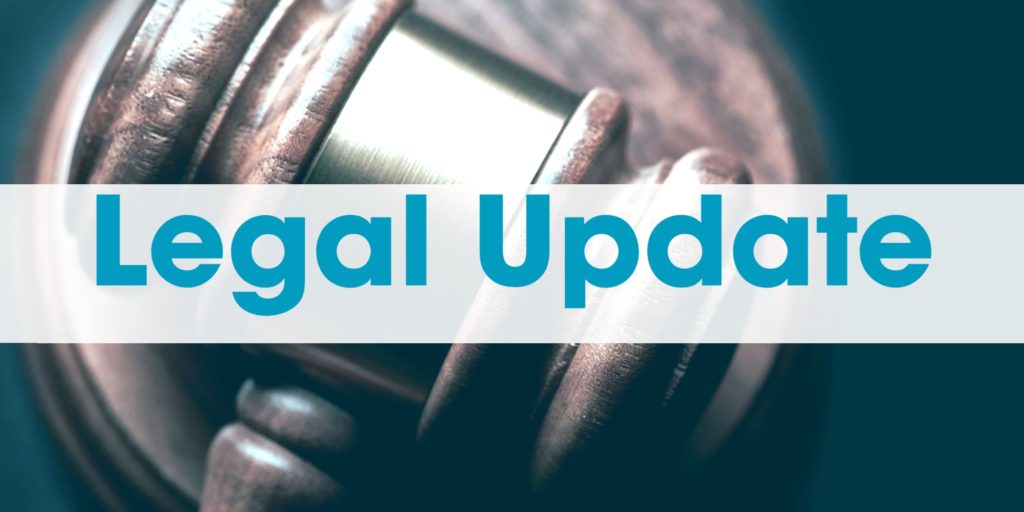25 Jun States Update Employee Leave Requirements for Coronavirus
In response to the coronavirus (COVID-19) pandemic, states have passed new laws and issued new regulations and guidance about employee leave taken for COVID-19 reasons. These provisions are in addition to the federal Emergency Paid Sick Leave and Emergency Family and Medical Leave Expansion requirements passed on March 18 as part of the Families First […]


 The Department of Labor (DOL) has
The Department of Labor (DOL) has  The Departments of Labor, Health and Human Services and the Treasury (Departments) have provided answers to a second set of frequently asked questions (FAQs Part 43) about health coverage issues related to COVID- 19, including implementation of the Families First Coronavirus Response Act (FFCRA) and the Coronavirus Aid, Relief and Economic Security Act (CARES Act).
The Departments of Labor, Health and Human Services and the Treasury (Departments) have provided answers to a second set of frequently asked questions (FAQs Part 43) about health coverage issues related to COVID- 19, including implementation of the Families First Coronavirus Response Act (FFCRA) and the Coronavirus Aid, Relief and Economic Security Act (CARES Act). On June 18, 2020, California Gov. Gavin Newsom issued an order requiring Californians to wear face coverings while in various public or high-risk settings—including when shopping, taking public transit or seeking medical care.
On June 18, 2020, California Gov. Gavin Newsom issued an order requiring Californians to wear face coverings while in various public or high-risk settings—including when shopping, taking public transit or seeking medical care.